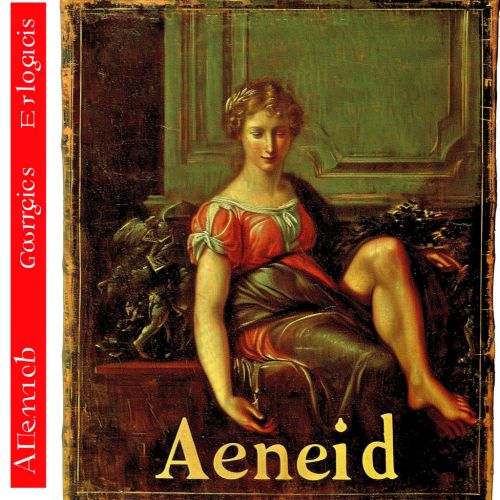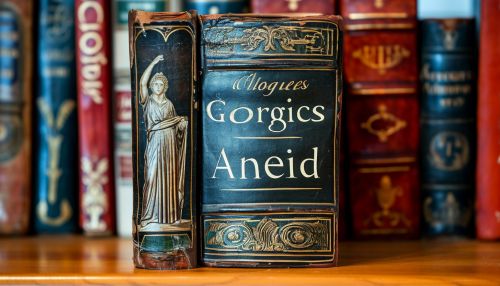Virgil
Early Life
Publius Vergilius Maro, known as Virgil or Vergil, was born on October 15, 70 BC, in the village of Andes, near Mantua in Cisalpine Gaul (modern-day Northern Italy). The son of a farmer, Virgil was educated in Cremona, Milan, and finally Rome, where he studied rhetoric, medicine, and astronomy, which he soon abandoned for philosophy.
Works
Virgil's first major work, the "Eclogues" (also called "Bucolics"), was published in 37 BC. The ten short pastoral poems dealt with rural life and love. His second work, the "Georgics", a didactic poem in four books, was published in 29 BC. It was a celebration of agriculture and rural life, and it had a significant influence on later didactic literature.
Virgil's final work, the "Aeneid", is considered his masterpiece. It is an epic poem in 12 books that tells the story of the hero Aeneas, a Trojan who travelled to Italy and became the ancestor of the Romans. The "Aeneid" was left unfinished at Virgil's death in 19 BC, but it was edited and published by his friends and executors, Lucius Varius Rufus and Plotius Tucca.


Influence and Legacy
Virgil's works had a profound influence on Western literature. The "Aeneid" was considered the national epic of ancient Rome and has been a model for other epic poems, including Dante's "Divine Comedy", in which Virgil appears as Dante's guide through hell and purgatory. Virgil's influence is also evident in the works of poets such as Ovid, Lucan, Statius, and Petrarch.
